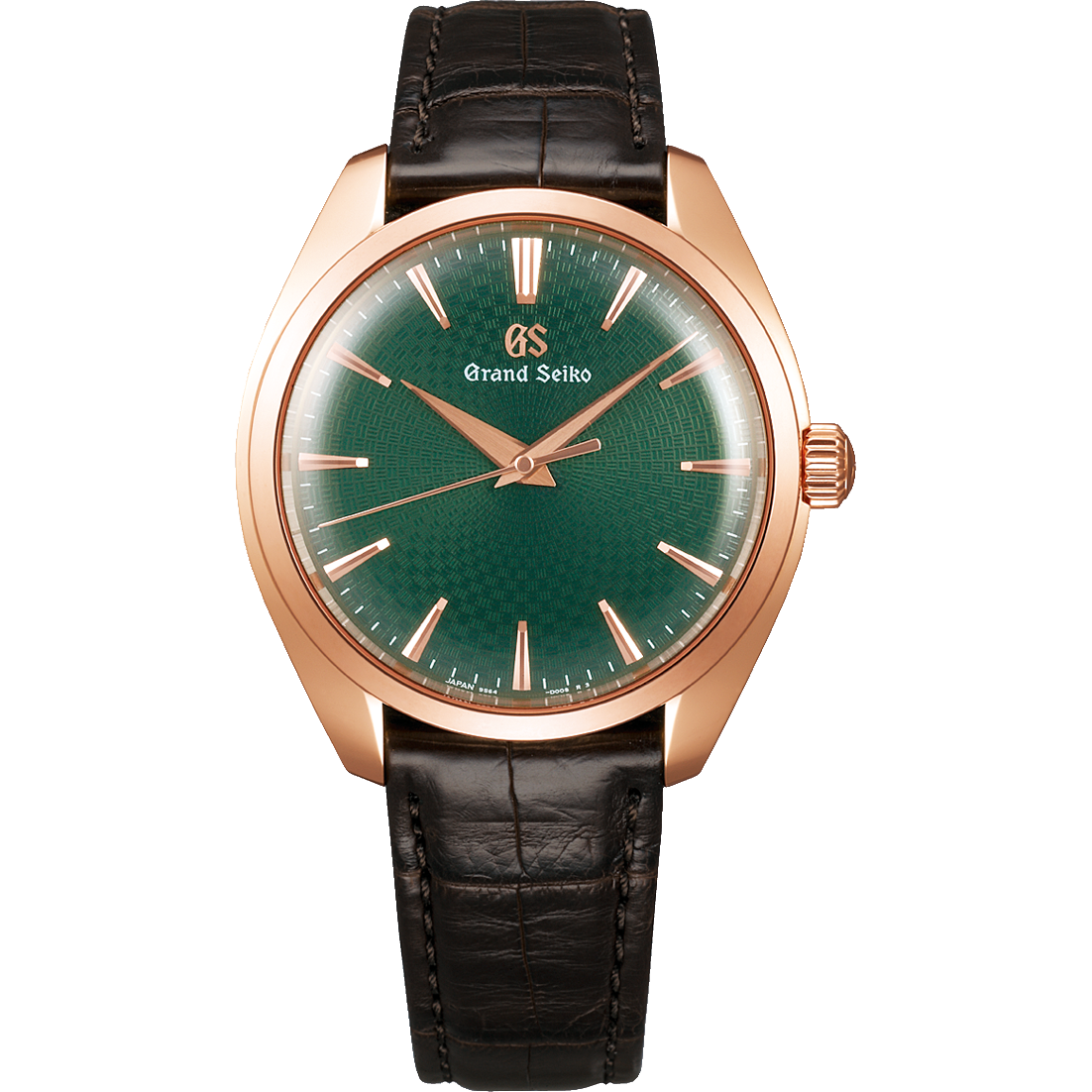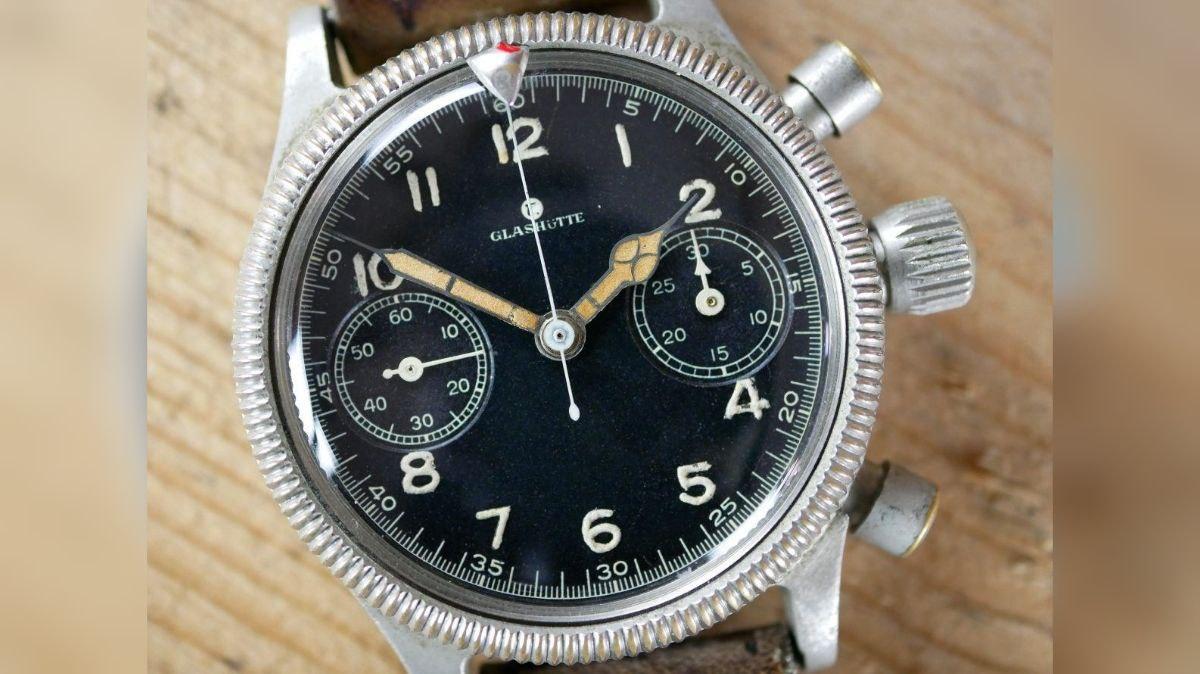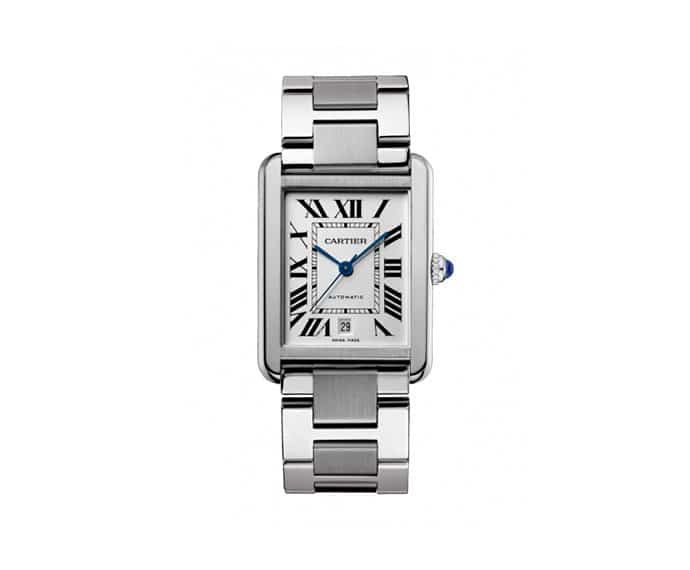On the last Sunday of March, in Italy and other, mainly Western, countries, it is adopted daylight saving time, which persists until the last Sunday of October. During summer time, we are sixty minutes ahead of real time, solar time. On the morning of the last Sunday of March, it goes from 01.59 to 03.00, instead of 02.00; The reverse process happens on the morning of the last Sunday of October, when it goes from 2.59 to 2.00, instead of 3.00.
The pretexts with which the anomaly of measuring the second time daylight saving time, thus deviating from the natural trend of the sun, is justified, they are quite well known and we will not deal with them here, as it is sufficient to take a look at any newspaper article to be made aware of them.
What we are interested in finding out is: why do we need to set the clock? With all the complications that the ingenuity of watchmakers has invented, for what reason there is not one that implements the transition to summer time on the last Sunday of March and the return at solar time the last Sunday of October?
Let's find out together.
Daylight saving time: the history
Daylight saving time was introduced in the First World War to save electricity during wartime. As often happens with measures introduced with emergency justifications, it becomes part of common life habits. However, the application of this system is not uniform: neutral Switzerland remained out of it until 1981, while Russia recently left it to return to standard time. The United States only adopted it in the XNUMXs and it is not certain that they will not abandon it in the future.
Only the countries in blue use summer time
Daylight saving time as a complication
The mechanical clock, in theory, could easily be set up to adapt to the change of summer/winter time.
Why then is such a useful complication not implemented in the finest watches?
The reasons are multiple.
Because they don't make watches with a summer time complication
Mechanical watches are built with the idea of lasting indefinitely for a long time. For this reason, it is not considered possible to create ones equipped with a complication that in a few decades could become useless, if not harmful. Harmful, because if summer time were abolished, we would find ourselves with a timepiece that shows the wrong time for half the year. The choice to use summer time, in other words, is too recent and uncertain a decision to limit the construction of a mechanical watch to this choice. Furthermore, it is not entirely unlikely that summer time will be abandoned in the future, as Russia has already done.
Nor should we overlook the fact that grand complication watchmaking is based in Switzerland: a country that adopted summer time only forty years ago, and which could withdraw from this decision in the future.
Conclusions
The mechanical clock, built with the idea of being potentially durable until the end of time, cannot be subject to a variable and inconstant political decision like that of summer time. Add to this the fact that many important watch markets, such as China, Japan, Russia, India or Brazil, do not adopt the time change.
Dr. N.


